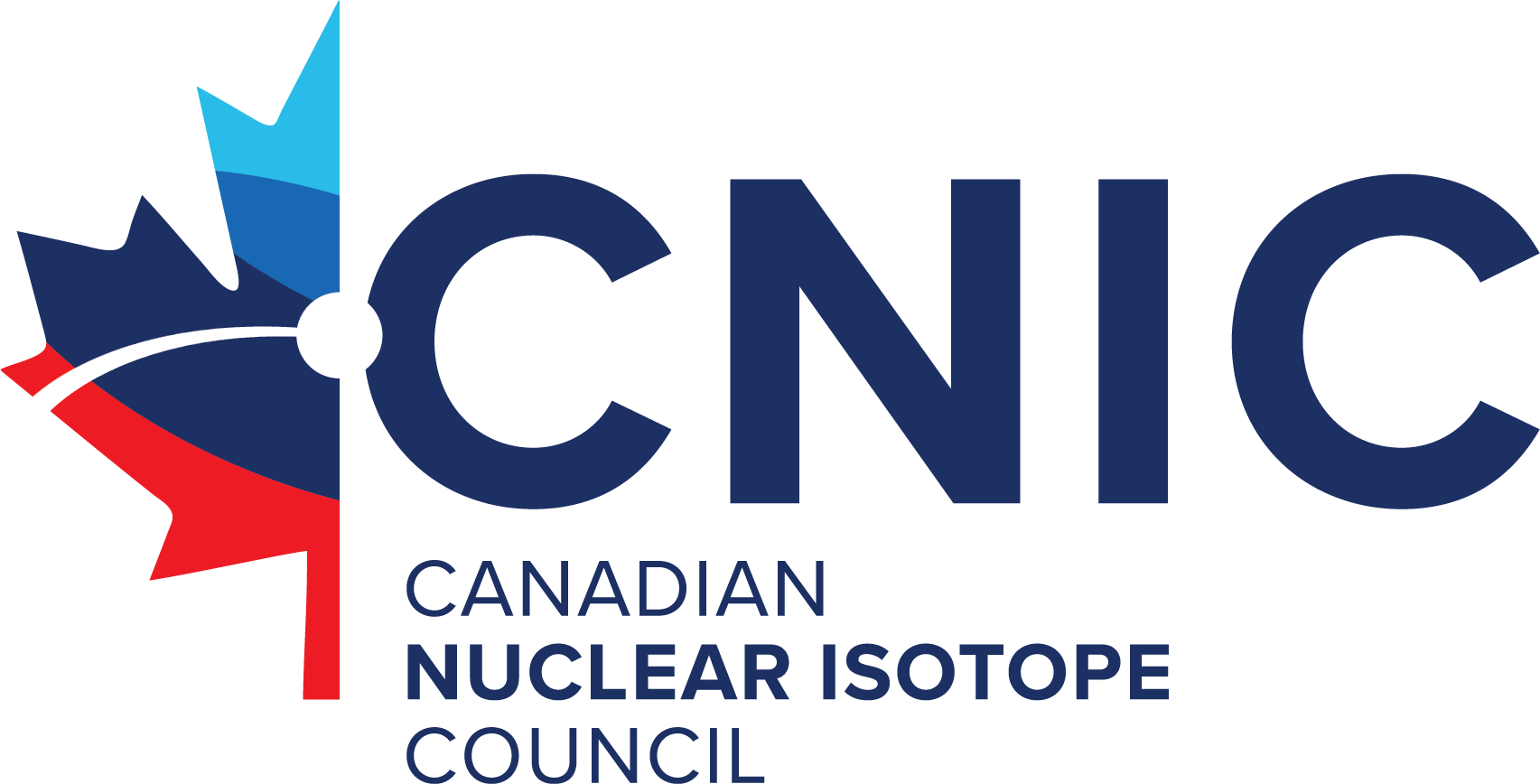McMaster has joined a coalition of Canadian science, healthcare, and nuclear sector organizations as part of Canadian Nuclear Isotope Council (CNIC). The CNIC’s mandate is to ensure that Canada remains a world leader in the production of medical and industrial radioisotopes by raising awareness and supporting long-term policies at the domestic and international levels. Other members include Bruce Power, CPDC, Cameco, OPG, the Canadian Association of Nuclear Medicine, BWXT and SNC Lavalin.
McMaster University is Canada’s preeminent nuclear research institution and houses an integrated suite of research facilities that enable discoveries in medicine, clean energy, nuclear safety, materials and environmental science. The central facility within Nuclear Operations is the McMaster Nuclear Reactor (MNR) – a multi-purpose reactor that provides neutrons for medical isotope production and research.
“The MNR is the world’s largest producer of the medical isotope Iodine-125 used to treat numerous cancers,” said Karen Mossman, McMaster’s acting vice-resident of research. “It’s an enormous responsibility and, as such, we have much to add to this national dialogue and to ensuring Canada is positioned as a global leader in this field.”
The new Canadian Nuclear Isotope Council (CNIC) is an independent organization formed to advocate for Canada’s role in the production of the world’s supply of isotopes, which play an important role in health, energy, medicine, sterilization, and even space exploration.
Canadian researchers and radioisotope producers are working together to bring innovative new therapies to the clinic. Canadian scientists are working to bring innovative new cancer therapies from around the world to Canada.
The council hopes to help maintain Canada’s role as a leader in this field by encouraging innovation and investment in the radioisotope industry by industries and government.
